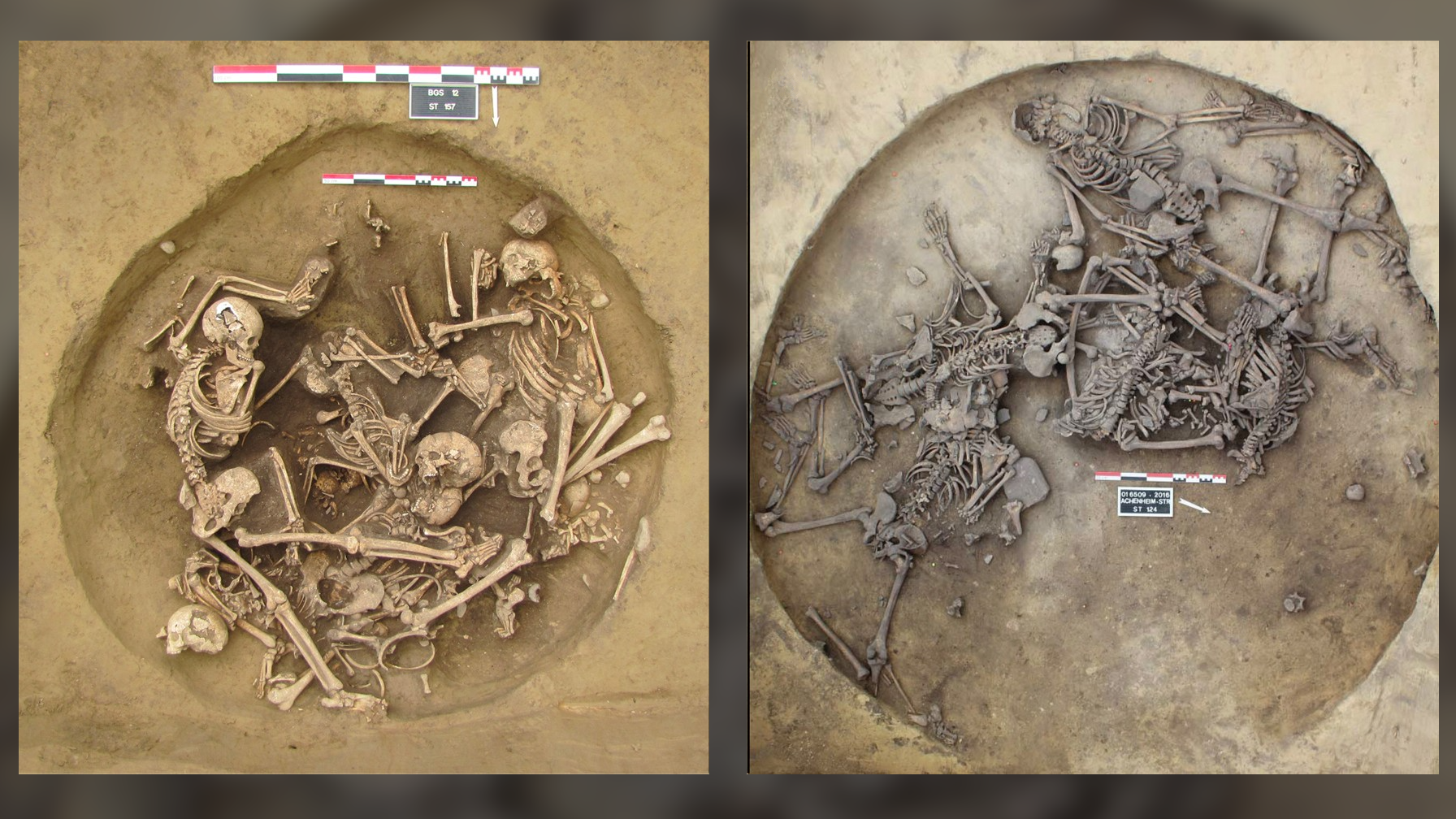New Test Could Better Detect Down Syndrome During Pregnancy

A new blood test for Down's syndrome during pregnancy could reduce the number of women who undergo further invasive testing to detect fetal abnormalities, new research suggests.
The test — which looks for traces of fetal DNA in the mother's blood — is highly accurate, and has a lower false positive rate than current methods of testing, the study found.
While the test has been available since 2011, it is not widely used, and few studies have followed women forward over time to examine how the test would be incorporated into the care that patients already receive.
In the new study, about 1,000 women in England underwent the test, called cell-free DNA testing, at 10 weeks of pregnancy. They also had an ultrasound and a hormone analysis at 12 weeks, which are standard screening methods for detecting fetal abnormities.
The researchers compared the new test to the standard methods by looking at how well each detected cases of aneuploidy in fetuses. Conditions of aneuploidy, including Down syndrome, stem from having an abnormal number of chromosomes.
Results showed that both the new test and the standard screening methods detected all cases of Down syndrome, Edwards syndrome (Trisomy 18) and Patau syndrome (Trisomy 13).
But the cell-free DNA testing had a much lower false positive rate: 0.1 percent, compared with 3.4 percent for standard screening methods. Because all positive screening tests need to be confirmed with invasive testing — either amniocentesis or chorionic villus sampling, procedures that have a small risk of causing miscarriage — the use of the cell-free DNA test reduces the number of invasive tests, the researchers said.
Get the world’s most fascinating discoveries delivered straight to your inbox.
The study is published today (June 7) in the journal Ultrasound in Obstetrics & Gynecology.
Although cell-free DNA testing is very accurate, the test cannot replace current screening methods for aneuploidy — it should be used in conjunction with these methods, said Dr. Mislen Bauer, director of genetics and metabolism at Miami Children's Hospital. Bauer said her institution started using the new test about six months ago.
The American Congress of Obstetricians and Gynecologists recommends that the test be offered only to women at high risk of having children with aneuploidies, including women ages 35 and over and those with abnormal ultrasound results.
But ACOG does not recommend the test as part of routine prenatal screening. Few studies have examined the accuracy of the test in low-risk women, or those carrying twins or multiples, so it is not yet recommended for these groups, ACOG says.
Because the test is a screening test, and not a diagnostic test, the results need to be confirmed with amniocentesis or chorionic villus sampling, ACOG says. And a negative test result does not definitively rule out aneuploidy.
In about 4 to 5 percent of cases, there is too little fetal DNA in the blood sample to obtain a result, and the test may need to be repeated.
Follow Rachael Rettner @RachaelRettner. FollowLiveScience @livescience, Facebook&Google+. Original article on LiveScience.com .

Rachael is a Live Science contributor, and was a former channel editor and senior writer for Live Science between 2010 and 2022. She has a master's degree in journalism from New York University's Science, Health and Environmental Reporting Program. She also holds a B.S. in molecular biology and an M.S. in biology from the University of California, San Diego. Her work has appeared in Scienceline, The Washington Post and Scientific American.
